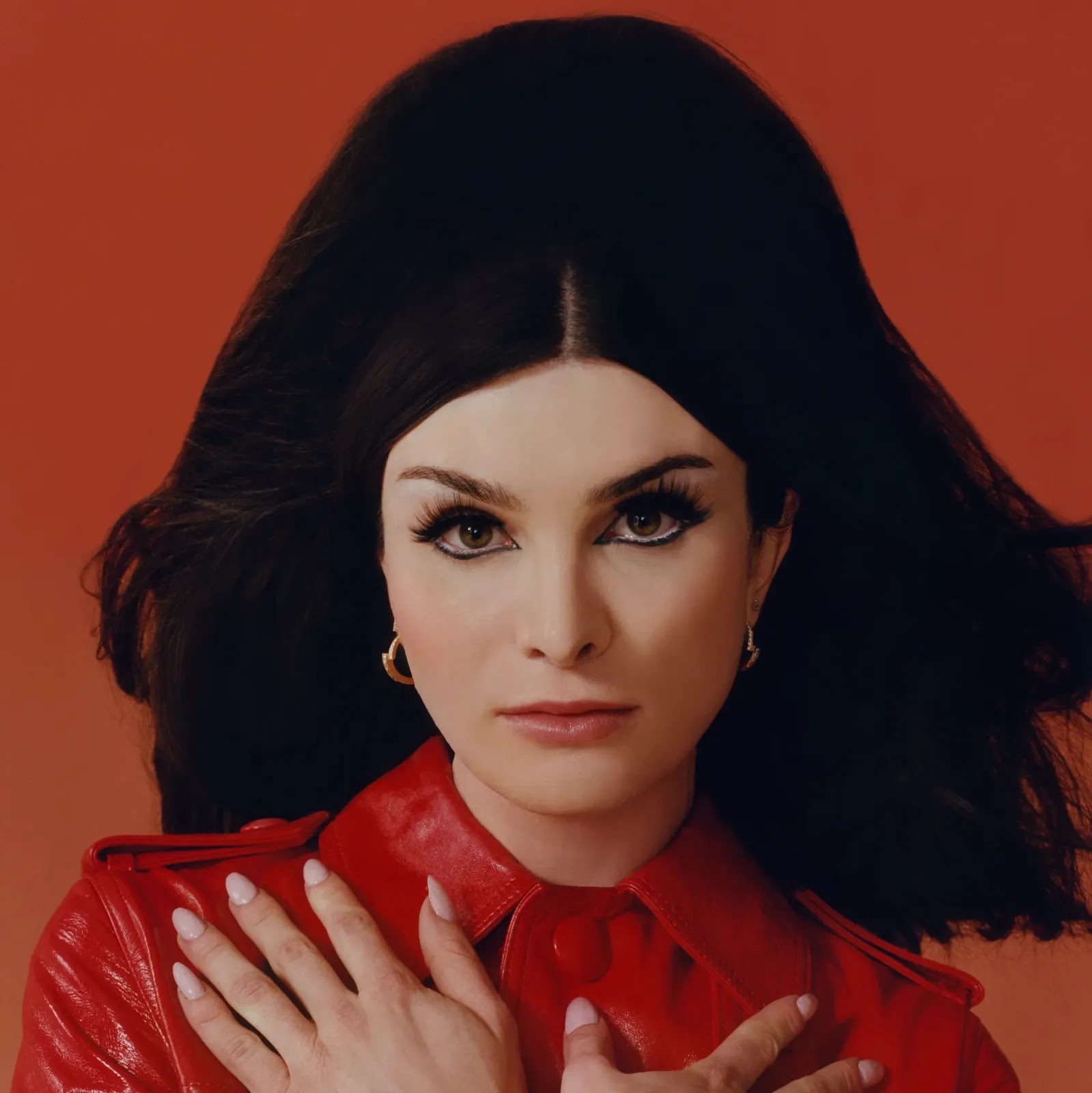He/She/They ~ How We Talk About Gender and Why It Matters~
Book Tour with Schuyler Bailar & special guest Dylan Mulvaney
On November 8th, I attended Schuyler Bailar’s book tour with the special guest Dylan Mulvaney. It was such a valuable experience that I will never forget and I would like to share my experience and thoughts.
Schuyler Bailar is an author, educator, and activist advocating for LGBTQ+ rights. During his swim career at Harvard, he became the first openly trans man to compete in the NCAA Division I for any sport. He is continuing to educate others about LGBTQ+ issues, doing four research studies at Harvard, and released a book called He/She/They in 2023.
Dylan Mulvaney is a famous tik toker who has been sharing her transition since October 2022. She has visited the White House to talk about transgender issues and won Woman of the Year from LGBTQ+ magazine Attitude in 2023.
Here are some topics and things that Bailar and Mulvaney touched on in bullet point notes( because they did not allow recording, I tried my best to jot down everything):
A lot of our common sense is another form of bias
Ex: “Girls are not as good at sports as boys → times, the qualifying time for girls' events are faster than boys
Breaking down our “common senses” can open our minds
Transphobia = white supremacy
White settlers killed queer people
Intersecting systems of oppression
Understanding history and why we stand with minority groups → That is what collective liberation is all about
How to find kindness with people who don’t understand you
Education
Therapy
Not forgetting the privileges you have (educational background, exposure, etc)
Think about how you always don’t have an answer to things → be patient
Believing that people can change
Ask them questions and try to get their opinions heard. Oftentimes, people don’t think critically. Massive amount of censorship is also important to remember
Make them question, make them reflect their beliefs
Add perspectives not change perspectives
Connections with others are the step to humanity
How they can see the human in every person
How parents make you cautious vs. teach fear & the importance of making home comfortable/a space they know they can rely on
Bailar emphasized that even if society doesn’t accept your child home should always be a safe space for the child.
We’ve all experienced gender and that means we’ve been restricted, meaning transphobia is harmful to everyone
We are all not the same, acknowledging our differences is key
The same systems/oppressions are fueling many different problems = collective oppression
By labeling people the same, we are disregarding people’s pain
It was such a valuable time and I truly still cannot believe I was able to hear both of their stories in person.
The reason why I was not only eager to hear their stories in person but also to talk to Bailar was because of our similarities as swimmers, connections with Boston, queer, and people of color, and our deep relationship with our grandmothers. The same year that Bailar became the first openly trans athlete to compete in the NCAA Division 1 category, was the same year that I moved to Boston from Japan. It was quite a big deal in our town since Harvard is so close to our town. I was never really exposed to queerness since back in Japan, especially in 2015, there were barely talks about IGBTQ+ people (even though there is a big issue with anti-IGBTQ+, homophobia, and transphobia) and I did not know any trans athletes. As a swimmer, I did more research on Bailar and we had so much in common. He practiced at the same pool that I went to summer swim camps for, he was always around Harvard as a student and my family and I were always around that area, he came to talk at my high school when I was a middle schooler which I was so sad to find out I missed it and lastly he spoke at Oxy two years ago. I felt that I kept missing opportunities where I could show my appreciation for him. Every person who has heard him talk in person has told me that he is such a good talker so one of my life goals is to meet him in person and tell him everything I’ve been wanting to tell him since 2015.
I knew I was queer but I never thought of coming out to my parents and family because of the cultural difference (I “officially came out” when I moved to LA for Oxy). Bailar also understood the cultural gaps that many queer POC experience. I would watch his YouTube videos and one of the videos that stood out to me was his coming out story to his Korean grandmother. He even talks about it at the end of every show (and still in shock again, that I was able to hear this in person and not over a computer screen) and he has a quote by his grandmother tattooed below his scars from his top surgery. I have a very strong connection with my grandmother and she is my favorite person in the whole world. I never felt the need to come out to my grandmother because I didn’t want to “confuse her” more and I was already content with how open we were with each other. But after hearing Bailar talk about it again, it felt wrong that my grandmother didn’t know about my bisexuality because she has helped me with so much throughout my life and I thought since she accepted me for who I am now, it would be unfair for her to not know that side of me. After the show ended, I had the opportunity to talk to Bailar and I told him how much I appreciate him as a queer POC athlete trying to navigate the world. I also told him how much I relate to him with his deep connections with his grandmother and I was able to express that he has pushed me to tell my grandmother (which I’m hoping to tell her in person when I see her next). I was tearing up with joy, excitement, and emotions I could not explain.
Bailar was the first queer POC figure I was exposed to and relate to. It is truly amazing to see not only queer but the intersectionality between queer and race people/educators you can look up to. This represents exactly why representation is important, especially for young audiences who are still trying to figure things out in a society that is a complex and hateful place.









.jpg)

